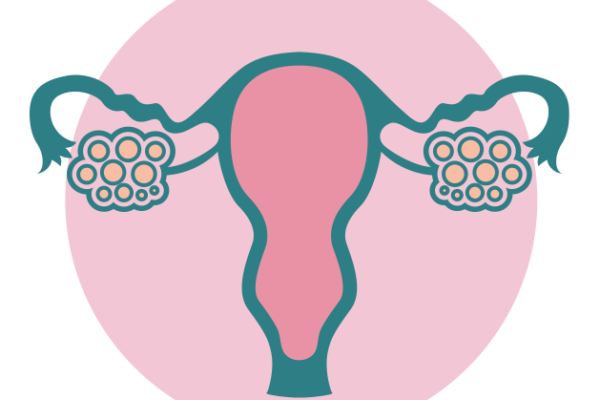How much do you know about inflammation? Recent research shows inflammation plays a key role in your health and could even lead to heart disease.
Inflammation is part of your body’s immune response to an illness or injury. When you have a wound or an infection, inflammation helps fight off germs and facilitates healing. Build up of cholesterol and other substances in your arteries called plaques can set off an inflammatory response, too.
The good news is that you can control inflammation by avoiding factors that activate your body’s inflammatory response,” says Michos. “And, these same lifestyle choices decrease bad cholesterol, lower blood pressure and reduce high blood sugar, too.
Quit smoking: Smoking damages your blood vessels and promotes atherosclerosis. By quitting, you can cut your heart disease risk in half.
Maintain a healthy weight: Being overweight increases your risk for multiple diseases. But carrying excess fat around your belly is a red flag for heart disease risk. A type of fat that accumulates in the belly (called visceral fat) secretes a molecule that causes inflammation.
Increase activity: Exercising for as little as 20 minutes a day can decrease inflammation. You don’t have to do an intense sweat session: Moderate workouts, such as fast walking, are effective.
Eat a heart-healthy diet: Processed and fast foods produce inflammation. Whole foods, on the other hand, are anti-inflammatory. Eat more fruits, vegetables, whole grains, beans, nuts, and fatty fish.
Chronic inflammation doesn’t produce symptoms. Making healthy lifestyle choices is the best way to lower that risk factor, although doctors may also prescribe a statin drug for those with a higher risk of heart disease. Your doctor can determine your risk level and what next steps are most appropriate for you.











